Since 2000, new technologies have emerged that improve the availability, efficiency, speed, reliability, capacity and security of systems for the transmission, ‘findability’ and storage of data online, leading to an increasingly complex online ecosystem. In this regard, it should be recalled that providers of services establishing and facilitating the underlying logical architecture and proper functioning of the internet, including technical auxiliary functions, can also benefit from the exemptions from liability set out in this Regulation, to the extent that their services qualify as ‘mere conduit’, ‘caching’ or ‘hosting’ services. Such services include, as the case may be, wireless local area networks, domain name system (DNS) services, top-level domain name registries, registrars, certificate authorities that issue digital certificates, virtual private networks, online search engines, cloud infrastructure services, or content delivery networks, that enable, locate or improve the functions of other providers of intermediary services. Likewise, services used for communications purposes, and the technical means of their delivery, have also evolved considerably, giving rise to online services such as Voice over IP, messaging services and web-based email services, where the communication is delivered via an internet access service. Those services, too, can benefit from the exemptions from liability, to the extent that they qualify as ‘mere conduit’, ‘caching’ or ‘hosting’ services.
